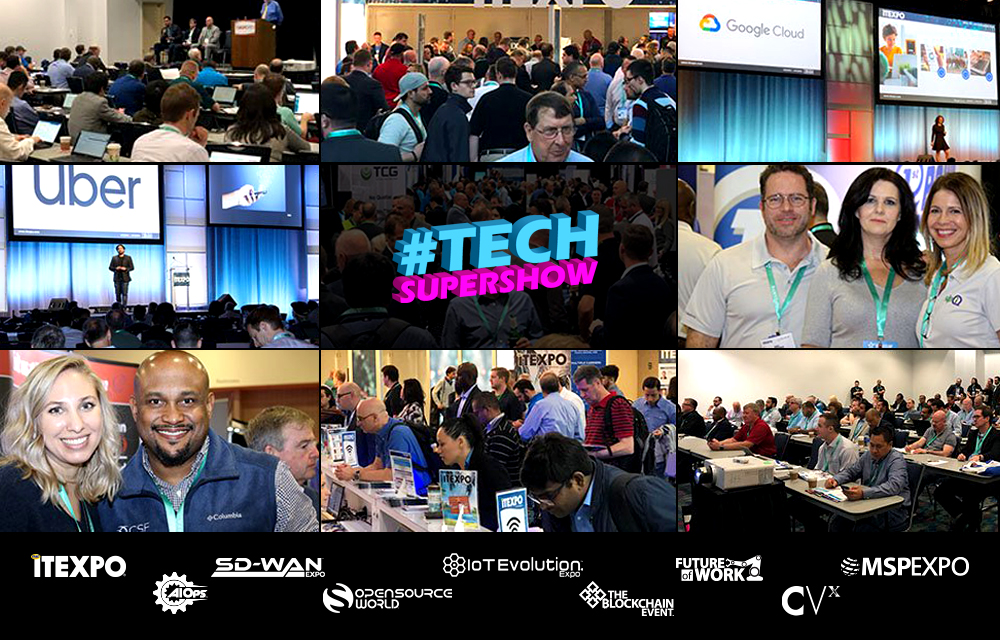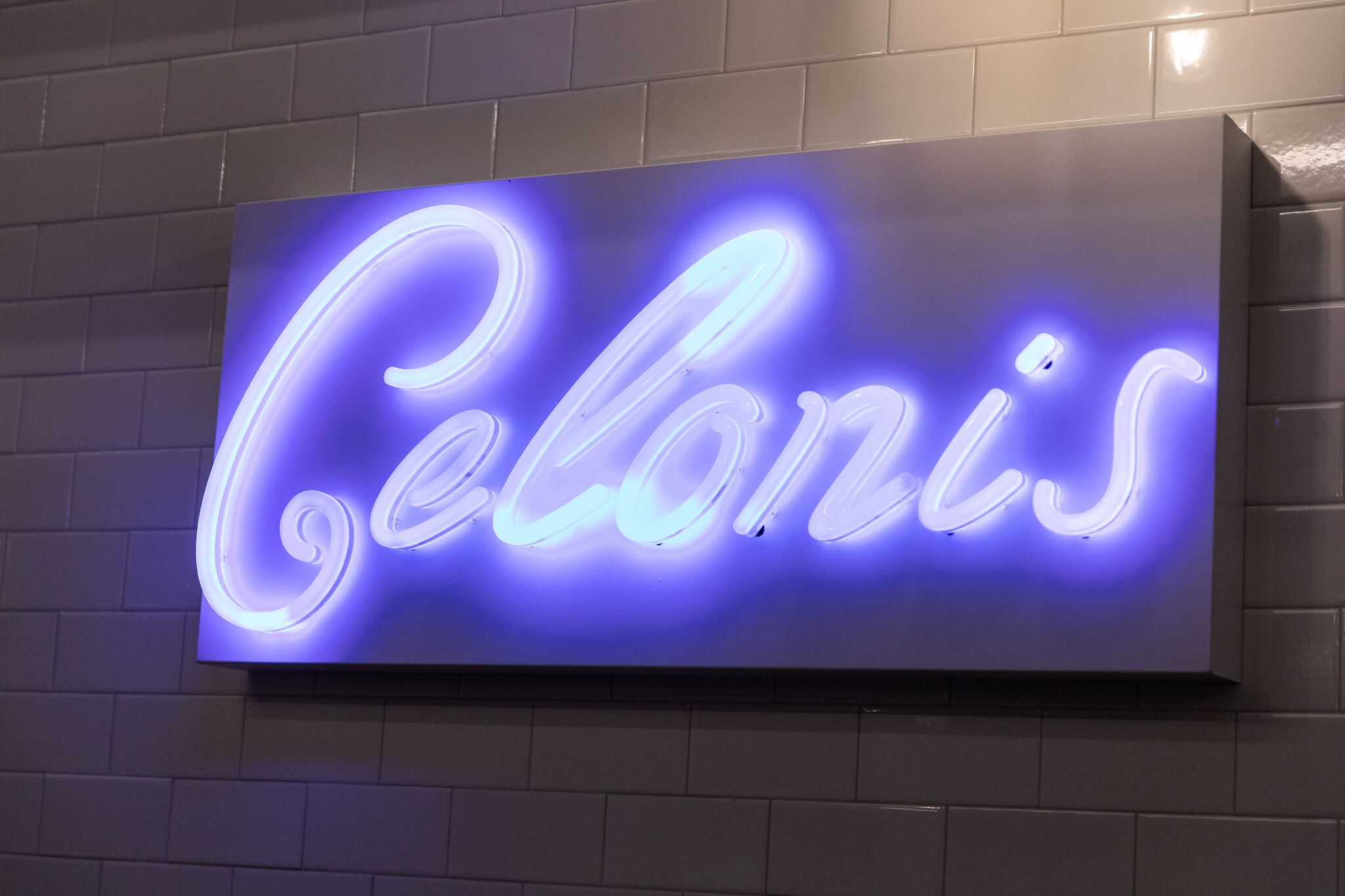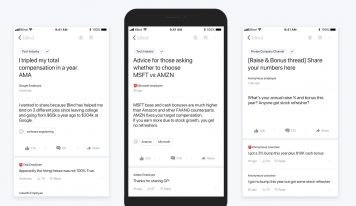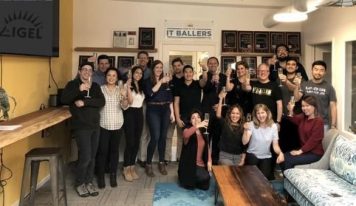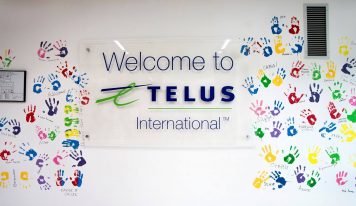There is a major transformation taking place in organizations around the world.
We have referred to it before at Digital Twin Organization or DTO – a digital representation of an organization that allows it to be virtually modeled, in order to improve an organization’s productivity and efficiency.
This past November, we told you the leader in the space, Celonis got $290 million in funding and in 2017 we covered the company again referring to how it helps solve the data analytics skills gap.
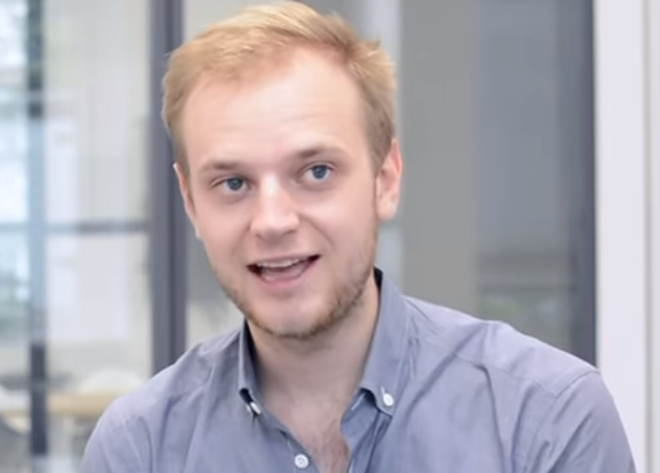
In an exclusive interview with Alexander Rinke, Celonis Co-CEO, we gained valuable insight on the company, the market and its prospects.
They are experiencing triple-digit growth – have 800 workers and keeps doubling in size on an annual basis. It is quite extraordinary.
The company has an automated way of understanding processes, exposing this information and not just providing insights on where it is performing well but also helping you take action on how to fix the problems.
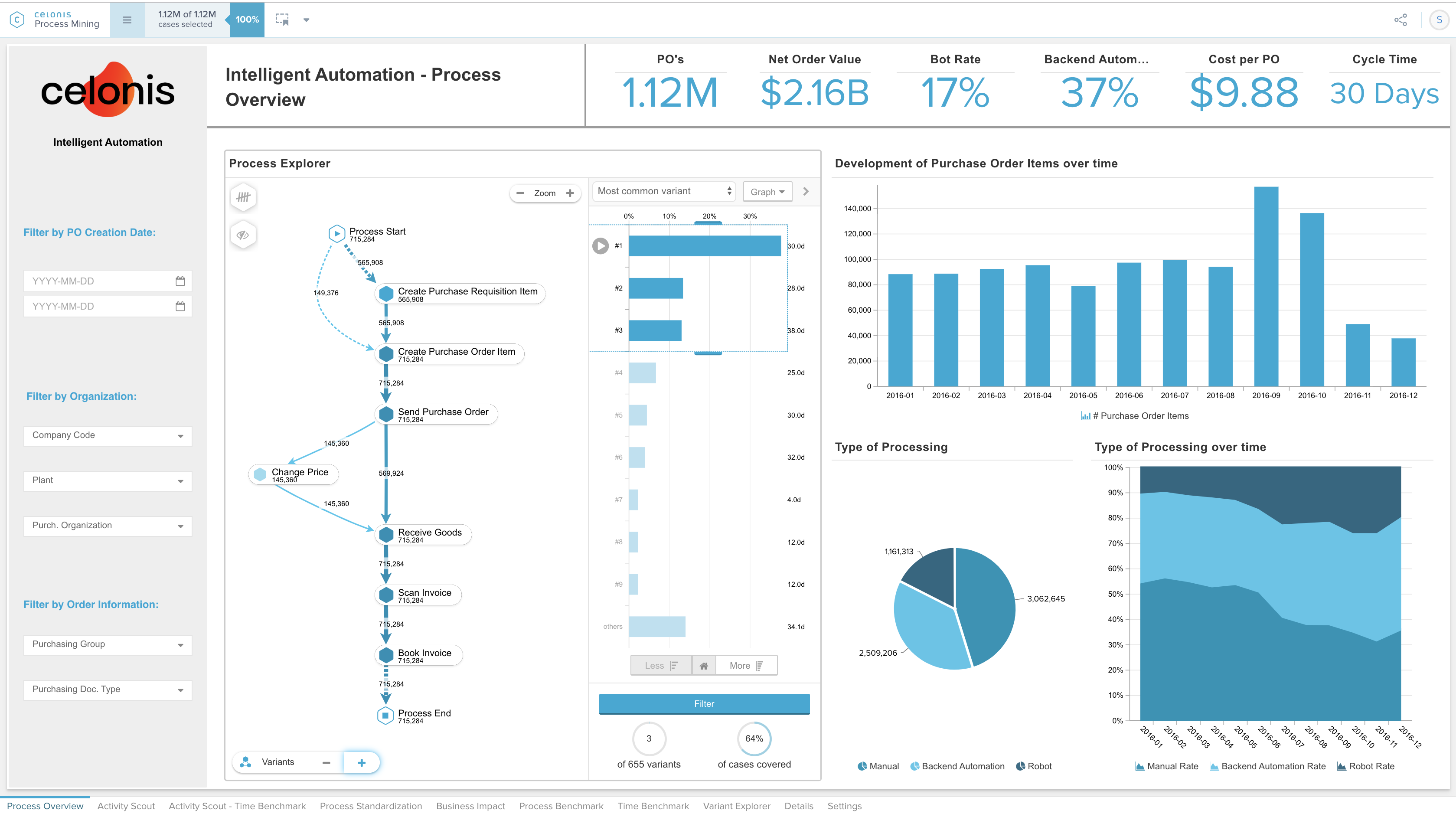
“No analytics company has done this,” he exclaimed. “Insight is not enough.”
On its website, Celonis calls itself a process mining company.
We asked Alex about what term he prefers to describe the market they help lead. He says process mining is the”basics” and process excellence is what they provide today.
We have used the term DTO often – perhaps our most important piece on the matter was If Six Sigma Isn’t Dead, Digital Twin Organization Might Kill it.
We asked Alex about the term and he said, “DTO is an interesting concept.” He continued, “The challenge is, an explanation is needed.”
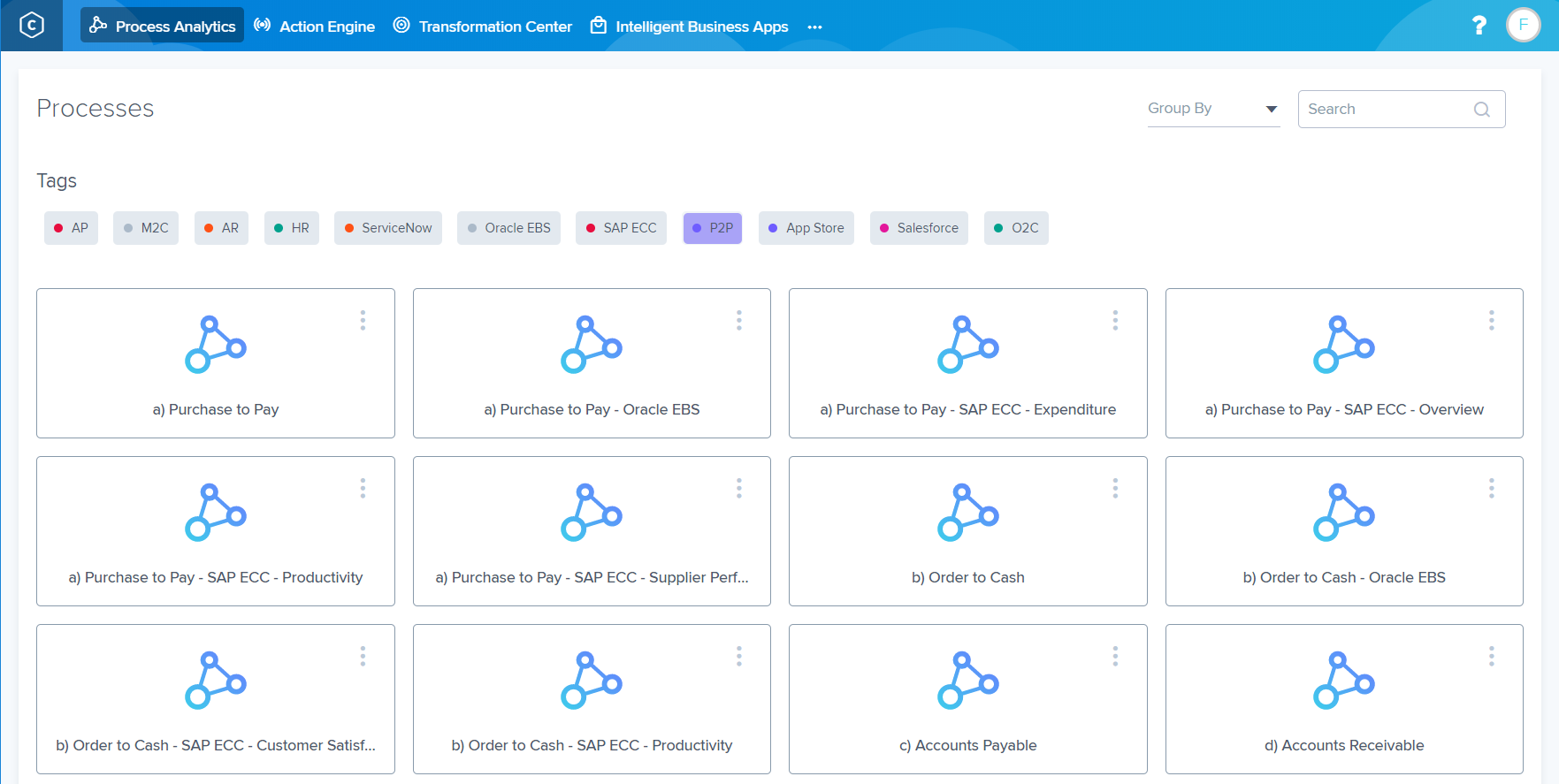
He said that when someone does understand the term, it can be quite powerful.
The company has an impressive list of customers – many very large and growing.
Uber is one of their largest and uses Celonis to provide customer service on a global scale – in more than 700 cities across 63 countries on six continents.
When operations started to rapidly expand across the globe, and Uber’s customer base continued to expand exponentially, it became increasingly difficult to ensure each and every user receives consistently excellent customer service throughout every region.
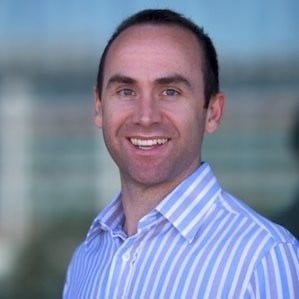
To solve this issue, Martin Rowlson, the Global Head of Process Excellence for Uber turned to process mining technology, which is helping them drastically improve their customer service operations, and standardize best practices for customers worldwide.
“Being able to compare visually, on one screen, how one process is behaving, and how it may be behaving in a different location, and being able to see that side by side… it’s incredibly powerful,” said Rowlson.
Rowlson and his team continue to act on key insights provided by Celonis to ensure that each of their 20,000 employees across the globe use best practices that drive the highest standards of customer service possible. “You think that people are following a process one way, and then you realize through using process mining technology that in fact that’s not the case. So having that visibility through Celonis is very powerful, and it gives us the ability to understand what everybody’s doing, and ultimately start to move towards a standardized, more efficient model.”
Alex went on to explain Lufthansa used Celonis to help get eight-million more people to their destination on time by analyzing ground operations, baggage handling and more.
Next, he explained L’Oréal used Celonis to improve their order-to-cash process, making them three-times faster and more efficient.
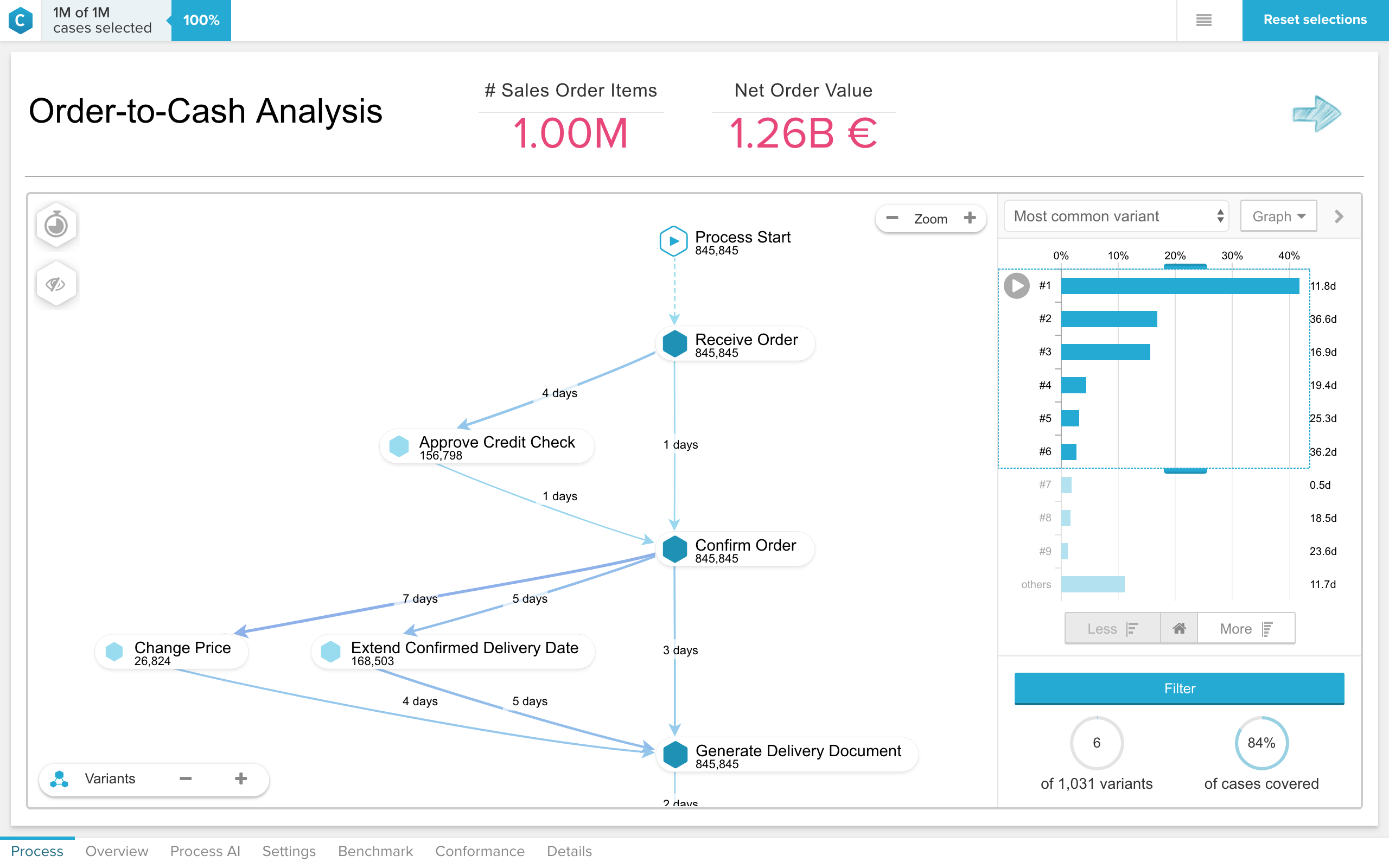
Perhaps the most fascinating part of the interview was how the company got started.
Ten years ago, the founders had a university project in Germany he equated to an internship in the U.S.
They were tasked with improving the efficiency of a company with a 100-person hotline. At first, they analyzed the organization manually to find friction points. They called the call center to analyze it and they received different answers to the same questions due to company politics and got very frustrated.
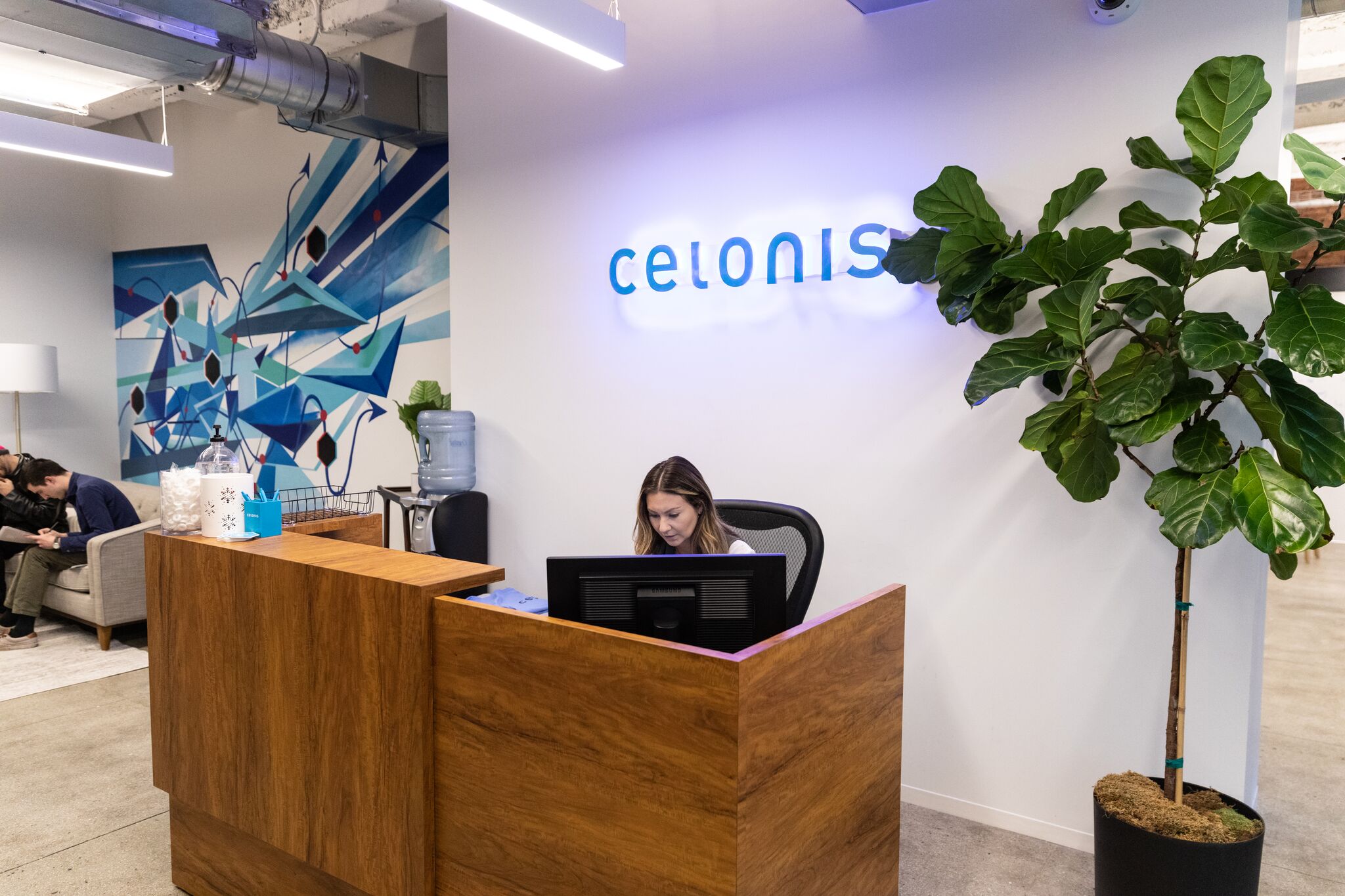
The organization used many different systems and the interns realized if they could get the logs and analyze them all, they could speed the process up and eliminate the human input. They eventually reduced the ticket time from five days to zero with no new hires.
The company wanted to buy the software but they were interns. They decided to start a company and soon thereafter, Siemens became a customer.
5,000 users, in fact, use Celonis to implement digital transformation.
Alex continued by saying the growth of Celonis has been explosive in the past three to four years.
“We were lucky to have stumbled across something that was very valuable,” he exclaimed.
“We are still just getting started and are looking to keep the growth going,” he concluded.
If you found this article interesting, we invite you to join us at the world’s only Future of Work Expo collocated with the ITEXPO #TechSuperShow, Feb 11-14, 2020 in Fort Lauderdale, Florida.
Join others with $8.5B+ in IT buying power who plan 2020 budgets! Including 3,000+ resellers!
A unique experience with a collocated SD-WAN Expo, AIOps Expo and MSP Expo…
